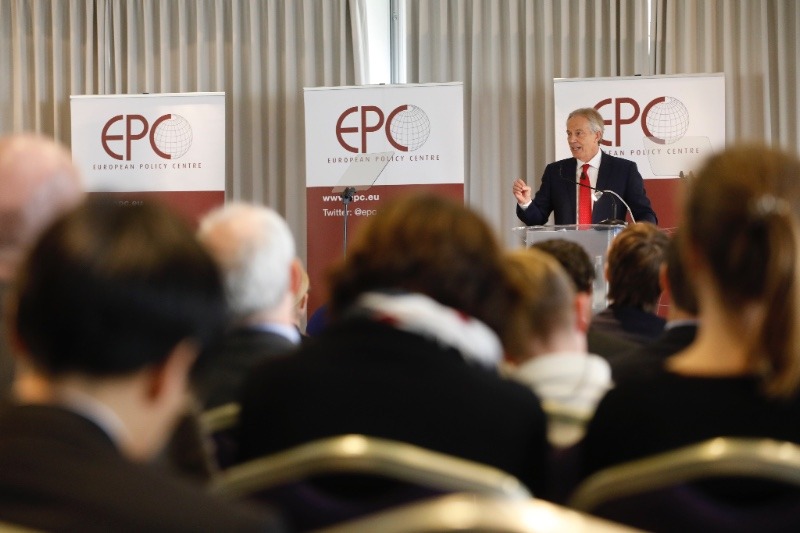This week has seen EU and UK clarifying their positions on how to solve the outstanding issues in the withdrawal agreement after the negotiators made some progress last December in the first phase of the negotiations. EU presented a 100 pages long draft withdrawal agreement on Wednesday which translates the joint report from the negotiators into legal terms. One important issue is a protocol on how to avoid a hard border on Ireland.
“If the UK has better ideas on how to avoid a hard border while preserving the integrity of the Single Market, we are ready to look at them in a constructive way,” EU chief negotiator Michel Barnier said this week.
His British counterpart, David Davis, responded that “nothing is agreed until everything is agreed.”
On free movement, the EU's position is that all EU citizens arriving in the UK during the transition period should have exactly the same rights as EU citizens who arrived before the UK's withdrawal.
During the transition period, which EU keeps reminding has been requested by UK, British citizens and businesses will continue to have the same rights and the same obligations as they have today up until the end of 2020. But the UK will no longer take part in EU's decision‑making process.
Ahead of Prime-Minister Theresa May’s speech today, Barnier said that “any vision of the future must take into account the fact that the EU cannot and will not compromise on its founding principles.”
“UK is closing the doors on itself, one by one, and the only possible model that remains is that of a free trade agreement,” he said. But that seemed to be ruled out by May in her speech today afternoon (2 February).
The British Prime-Minister underlined that the agreement with the EU must respect the referendum. “It was a vote to take control of our borders, laws and money.”
She sounded optimistic: “We are close to agreement on the terms of an implementation period which was a key element of December's deal. Of course some points of difference remain - but I am confident these can be resolved in the days ahead.”
On Ireland, she said that “We have been clear all along that we don't want to go back to a hard border in Ireland. We have ruled out any physical infrastructure at the border, or any related checks and controls.”
While rejecting the Norway and Canada models for economic partnerships and trade with the EU, or trade on World Trade Organisation terms, she envisaged a “deep and comprehensive agreement with the EU.”
“I want the broadest and deepest possible partnership - covering more sectors and co-operating more fully than any Free Trade Agreement anywhere in the world today,” she said.
Barnier tweeted diplomatically that he welcomed May’s speech. “Clarity about UK leaving single market and customs union, and recognition of trade-offs will inform European Council guidelines re: future free trade agreement.”
But other reactions were more critical implying that UK cannot both have the cake and eat it.
Tony Blair, UK’s former prime minister, set out his solutions for the Brexit dilemma during a speech on 1 February arranged by the European Policy Centre (EPC) in Brussels. EU and UK should stop talking past each other, he said.
Blair described the dilemma of the negotiation as either being close to Europe to avoid economic damage but therefore accepting its rules or being free from Europe’s rules but therefore accepting economic damage.
He complained about the lack of leadership in UK and called for a second referendum in which the British people would reject Brexit.
A second referendum would be based on the assumption that UK would return to a reformed EU which would be different than the EU which UK voted to leave in the first referendum. In particular he suggested that “a comprehensive plan on immigration control” would be key in convincing pro-Brexit Britons to vote differently in a second referendum.
“People will say it can't happen,” Tony Blair said. “To which I say in these times in politics anything can happen.”
But reforming EU will take time and there is hardly time for that to happen before Brexit next year. EPC Chief Executive Fabian Zuleeg, who moderated the debate, didn’t believe in the possibility: “The only alternative to hard Brexit is no Brexit, but clearly time is running out now.”
The Brussels Times

